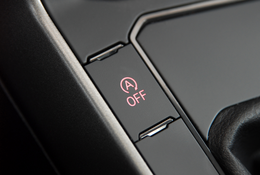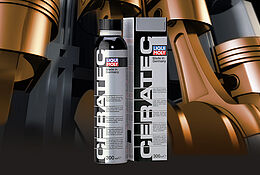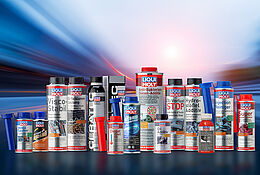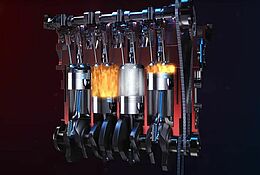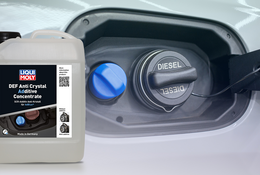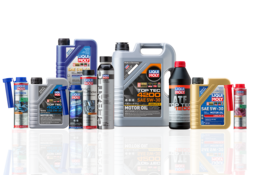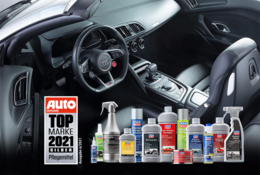- 03/04/2024
How to protect the exhaust system of modern series diesel engines
![[###TRANSLATE_PREFIX###] [###TRANSLATE_PREFIX###]](https://liquimoly.cloudimg.io/v7/https://www.liqui-moly.com/fileadmin/_processed_/2/2/csm_20240206_AdBlue_Website_4c767ae3d1.jpg?force_format=webp%2Coriginal)
Newer-generation diesel vehicles require urea in addition to fuel. If this is dissolved in demineralized water, an additive is produced, which is sold under the name AdBlue®. This reducing agent is essential for compliance with European standards for nitrogen oxide emissions, but can also lead to serious damage to the exhaust system in the event of insufficient evaporation.

How AdBlue® works in the exhaust system
The liquid urea solution AdBlue®, also known as diesel exhaust fluid (DEF), is dosed in diesel vehicles with exhaust gas treatment systems (SCR systems) via a separate tank and injected into the hot exhaust tract. There, the pollutants produced by the combustion process mix with the reducing agent and react to form harmless water vapor and nitrogen, whereupon they comply with the standardized nitrogen oxide values and are emitted via the tailpipe.
Frequently occurring problems when using AdBlue®

Formation and consequences of deposits in the AdBlue® system
Due to the reaction process and the resulting liquid film, small, harmful crystal deposits can form, which have a serious impact on the vehicle’s exhaust system. This problem is caused by the low boiling point of the water, which is significantly lower than that of the urea. Heating causes the water content to evaporate before the urea can decompose. This produces urea crystals that are deposited in lines or dosing valves. In extreme cases, the AdBlue® system can become blocked, damaging the pump or even the injectors. This may also result in fault messages from the engine control unit.

Hazards at low temperatures
Due to the high water content in AdBlue®, low temperatures are also one of its weak points and the risk of failure due to icing is high. Although vehicle manufacturers install heaters to keep the AdBlue® fluid, they do not start working until the engine starts, which is often too late. This means that vehicles with iced-up AdBlue® systems can no longer be started and therefore fail completely.



